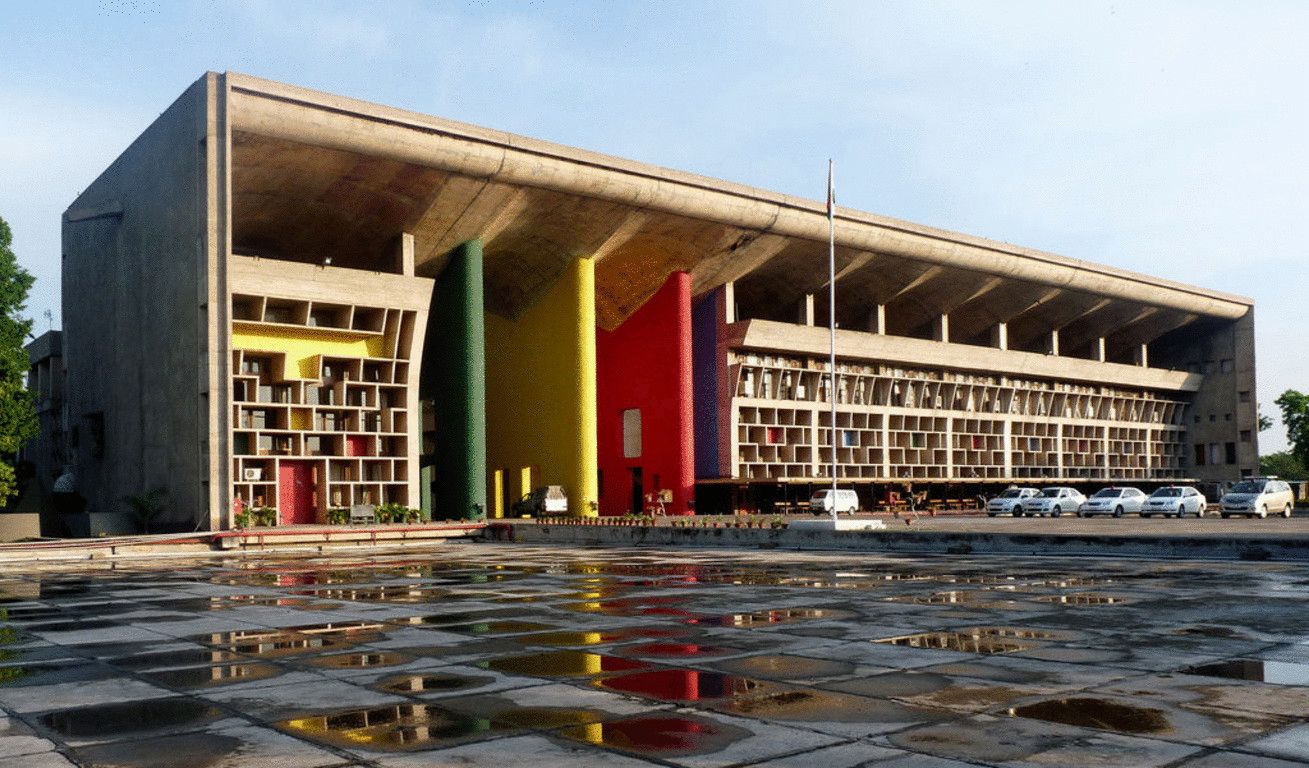Punjab & Haryana High Court directs reconsideration of school clerk’s termination, emphasizes fair hearing in service disputes

Case Name: Baljinder Kaur v. State of Punjab & Ors.
Date of Judgment: October 01, 2025
Citation: CWP-29530-2025 (O&M)
Bench: Hon’ble Mr. Justice Vikas Bahl
Held: The Punjab & Haryana High Court set aside the termination order passed against petitioner Baljinder Kaur, a clerk in a government-aided school, and directed the authorities to reconsider her case afresh after granting her a proper opportunity of hearing. The Court held that denial of a fair hearing violates principles of natural justice and Articles 14 and 21 of the Constitution. It further directed that the fresh decision be taken within eight weeks, with all consequential benefits if she is found entitled.
Summary: The petitioner, Baljinder Kaur, challenged her termination from the post of clerk at a government-aided school, alleging that the management dismissed her without issuing a show-cause notice or conducting a regular inquiry. She contended that the impugned action was arbitrary, discriminatory, and contrary to the Punjab Privately Managed Recognized Schools Employees (Security of Service) Act, 1979. The State argued that her appointment was irregular and that the management had authority to discontinue her services.
Justice Vikas Bahl observed that even if an appointment was irregular, the termination must still comply with the basic tenets of fairness and natural justice. The Court cited precedents including Maneka Gandhi v. Union of India (1978) 1 SCC 248 and Ridge v. Baldwin (1964 AC 40), reiterating that no person should suffer civil consequences without being heard. It noted that the petitioner’s termination was effected summarily, with no notice, inquiry, or reasons recorded, which rendered the order legally unsustainable.
Decision: The Court quashed the impugned termination and directed the respondents to pass a fresh order after granting the petitioner an opportunity of hearing and considering her service record. It further ordered that if reinstated, the petitioner would be entitled to continuity of service and arrears of salary. The writ petition was accordingly allowed in part with these directions.